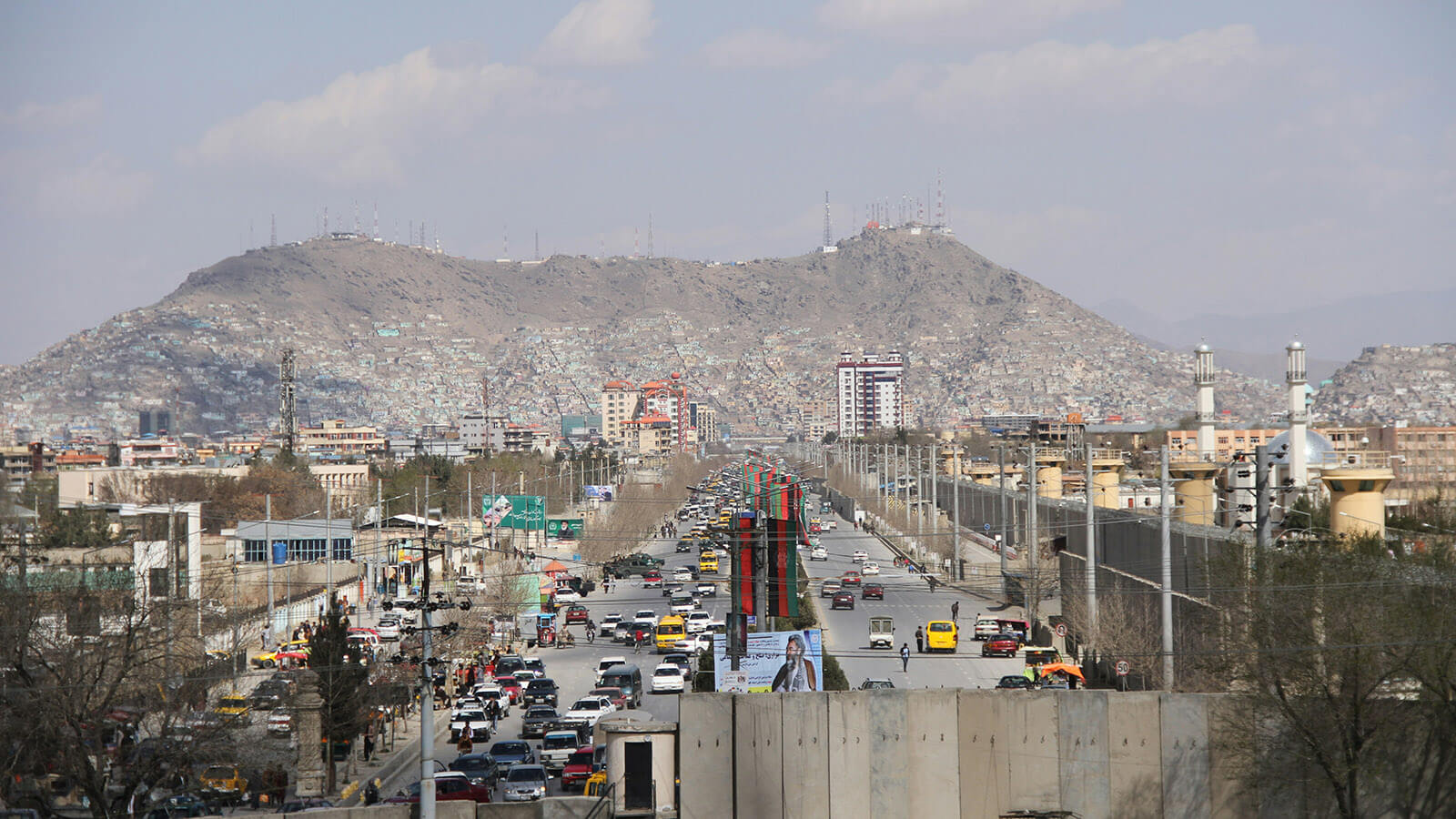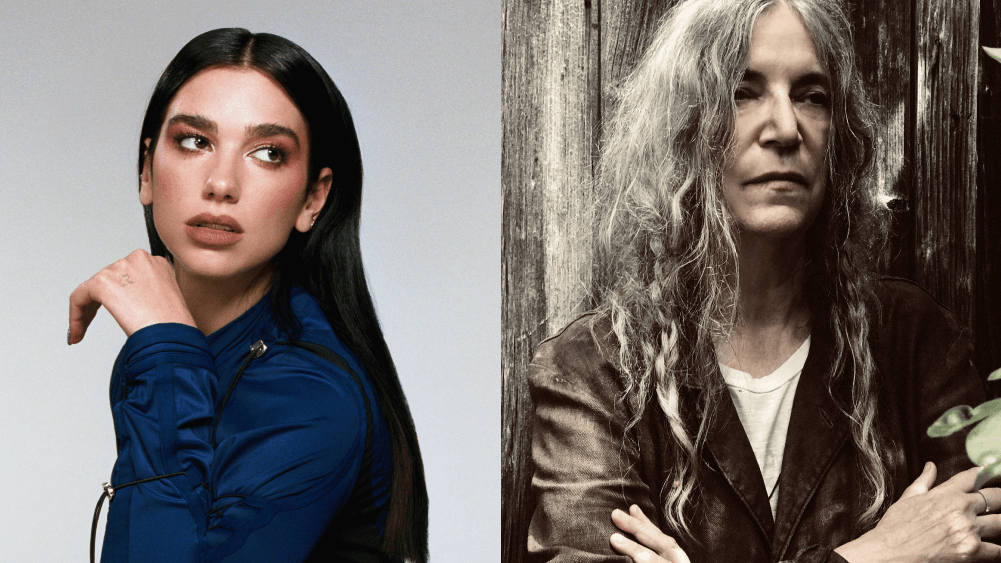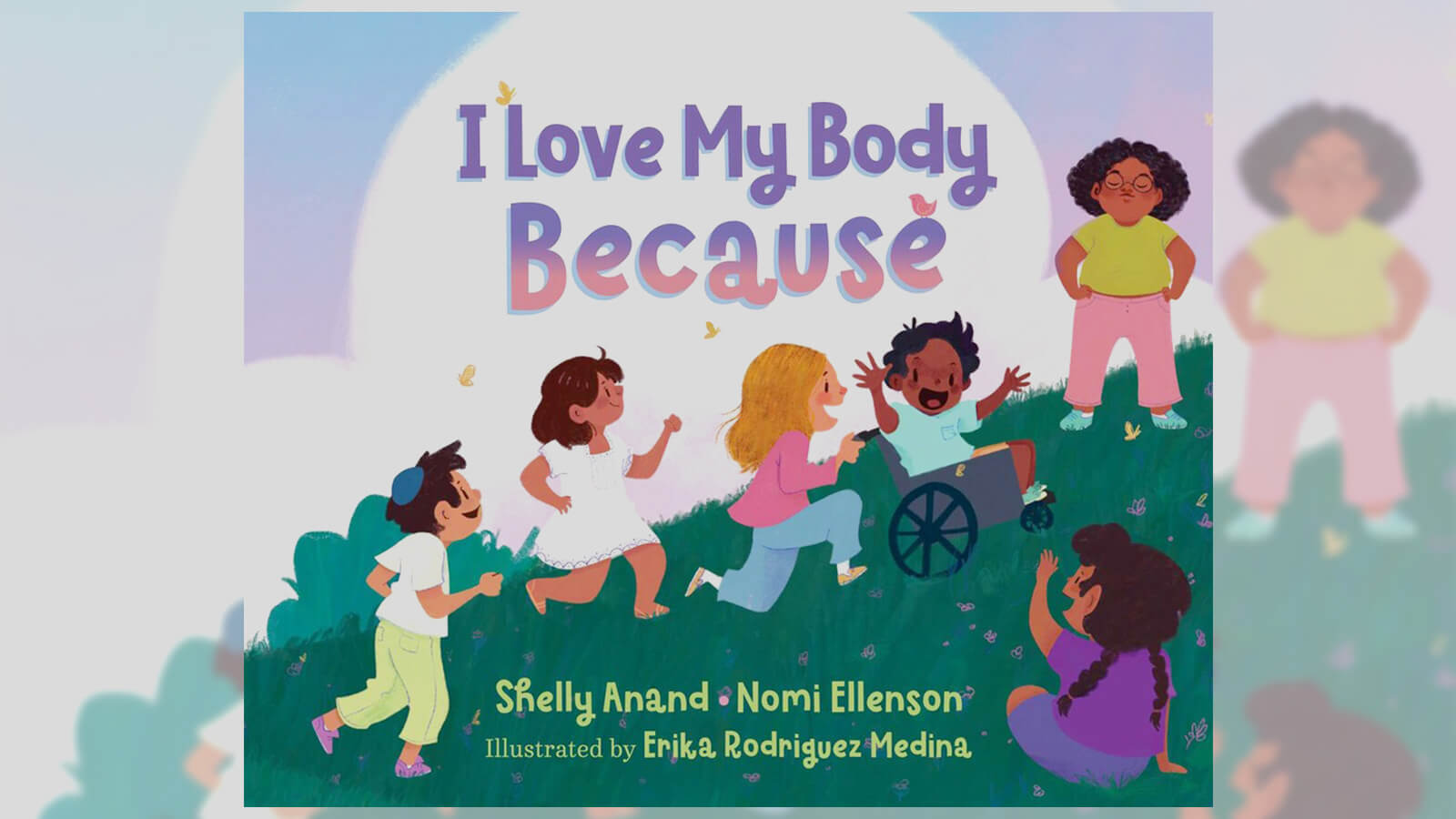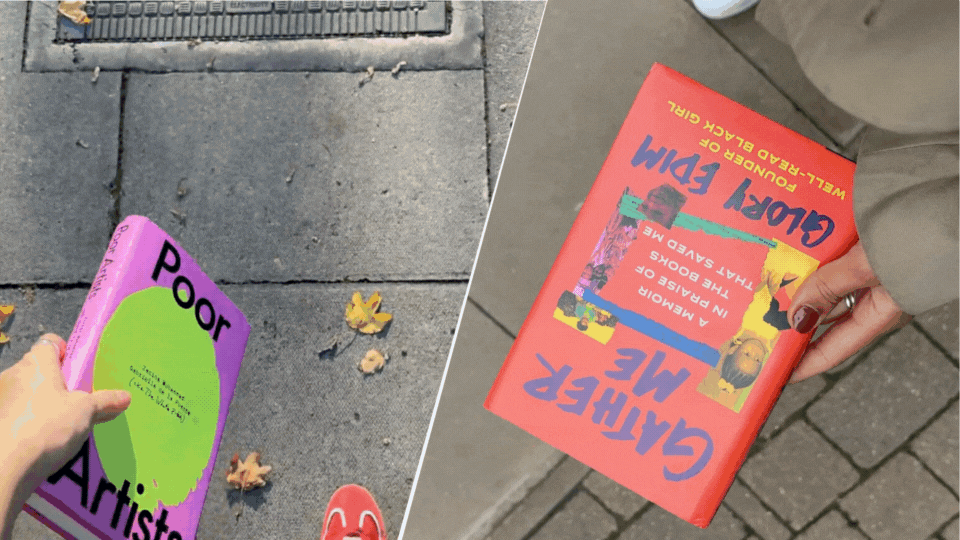My Dear Kabul Extract: The Realities Of Life Under Taliban Rule, As Told By The Women Of Afghanistan
My Dear Kabul follows a year in the life of the members of a women’s writing group in Afghanistan. Publishing on the three-year anniversary of the fall of Kabul in 2021, this incredible collective diary is a real-time, moving and intimate portrait of a year living under the Taliban, communicated via clandestine WhatsApp messages. In staying connected with each other, the women established a lifeline; a vital space to keep their creativity alive, support each other and bear witness to the political turmoil unfolding around them. In this exclusive extract, all the women are writing from the city of Kabul as the Taliban advance and take control of the city.
Maryam
I don’t have any sleep. It is night-time, and Kabul has fallen fully. I cannot believe it. I want to tell everyone: they took Kabul. I want to tell my mother, my sisters, my brothers – they have taken Kabul. I want to go up to the roof and say quietly – they took Kabul. I don’t know why I can’t just shout it out: THEY TOOK KABUL.
Through the night and into the next morning the writers reflect on what has happened and recount the day they have just lived through.
Fakhta
Fakhta lives in a university hostel in the capital, and is close to getting her degree in Law from Kabul University. Her home is in the mountainous province of Daikundi.
I woke up when my phone rang. My mother gave me the news. She said our whole province – including our district, Nili, at the centre of Daikundi – is in the hands of the Taliban. She was upset. She said, ‘I wish you had not gone back to the university in Kabul.’
She was right. Apart from Kabul, all other cities are already in the hands of the Taliban. They now control all the highways. The only thing left to happen was for the Taliban to enter the capital and take over the presidential palace. I said goodbye to my mother and lay back on my bed in the hostel, looking out of the window, shocked and anxious.
I got up and went to class. I was late and slipped into the lecture. After about twenty minutes, everyone’s phone began to ring; the lecturer’s too.
Sadaf
Sadaf is a teacher. She is teaching a class of girls in Year 8, most of whom would be fourteen or fifteen years old.
I distributed the exam papers and gave my students their instructions. At 11 a.m. I explained the instructions to them and wrote a few more on the blackboard with white chalk. The students asked questions and I answered them. The class was so calm, like the silence before a storm. Then the door opened, and the head teacher came in. She started collecting the exam papers although we hadn’t even started. Her hands were shaking, and she asked me to help her. I saw my students’ faces, pale with fear. We told them to go home.
Parand
I was at the office, as usual. I had only just started working when the office phone rang. We were told that the situation was getting worse, that the Taliban had entered the city and we should leave the office. I was not afraid: it was not news. We knew the Taliban would be coming back and I witnessed the same turmoil twenty-five years ago. But I had no choice but to leave alongside two of my colleagues, who were younger and so afraid you could see their skin turn pale.
Fakhta
As I walked quickly back to the university hostel, I worried about my fiancé. He is in the army in Uruzgan Province. He is someone who has fought the Taliban face to face. If he is recognised by any of them, I will have to say goodbye forever. I knew he was in Kabul for a few days, on leave, and all the way back to the hostel I kept trying to reach him on my phone. I must have called twenty times. But I never got to hear his voice.
Hurrying my steps, I ran into the hostel grounds. As I entered the corridor, everyone was leaving, some with luggage, some with belongings stuffed into plastic bags. In my room, I saw Mitra gathering her things. Without saying Salam, she told me to collect my stuff and leave the hostel as soon as possible. ‘The teachers said, it is only for a few days. When the situation gets better, we can come back.’ I said goodbye to Mitra and picked up a plastic bag. I put in a few clothes and Kafka on The Shore. I was reaching for my ID card and other documents which I keep at the back of my bookshelf when the teacher in charge shouted at me to leave so she could close the hostel.
Najla
Najla works as an office manager but is not at work on 15 August.
We needed money at home. The way to the bank was long; I had to pass through the market. Men and women were busy shopping for their daily groceries. For a moment, I felt happy that life was going on. I saw a few people I pass daily, who used to shave their beards and now have left them to grow. I saw high-school girls. I enjoyed looking at them in their black uniforms with white headscarves. I asked myself if I would see this sight again. When I arrived at the bank, there was such a huge crowd I thought there must be a protest. People were shouting and swearing at the bank staff. Police were trying to bring some order to the crowd.
Sadaf
It was crowded in the streets. No one could pass through, neither pedestrians nor cyclists. Everyone was in shock and panicking. The roads were blocked. I decided to take the longer route home, around the back of the mountain. At this moment, I saw my brother coming in his car to pick me up and drop me home safely. I was scared, but not as scared as we were before Karzai’s government. I also lived five years in such chaos. Maybe we are used to it. The only thing that upsets me is this: as a child I grew up in wartime, as a young girl I saw war; when will I be able to live?

My Dear Kabul is published today, 15 August, in hardback by Coronet. It is an Untold Narratives project, supported using public funding by the National Lottery through Arts Council England and The Bagri Foundation




